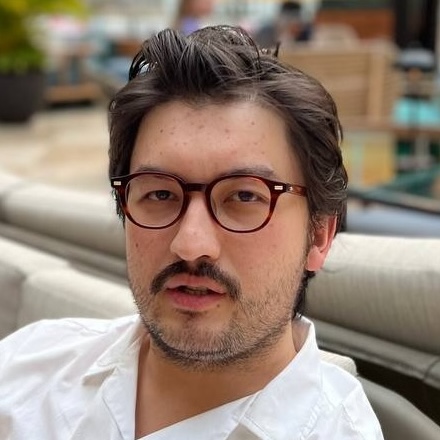This guide is the first among the books in the series 'Third World Freedom' where I share strategies with residents of countries where GDP does not exceed $25000 dollars a year. The goal is to explain strategies for raising one's socio-economic class. One of the foundations of this thinking is entering international markets and 'geoarbitrage,' which is the foundation upon which everything stands.
The ideas are not entirely new. Most readers interested in this topic may be familiar with the first, quite famous book 'The 4-Hour Workweek' by Tim Ferriss, where the concept of resource optimization is clearly explained for residents of 'wealthy' countries who could gain more free time and a higher quality lifestyle in 'cheaper' countries.
In this book (and the series as a whole), we change the poles and look at strategies that will allow residents from 'not so wealthy' countries to gain advantages from 'wealthy' countries.
It is worth noting that arbitrage is the basis of all concepts considered in the series. Our fundamental goal is to exchange one conventional unit for two. There are two ways:
obtaining a large benefit (more value for a conventional unit)
reducing cost (fewer conventional units for the same value, i.e., save)
The geographical basis makes it clear to us that there is a difference between territories with imaginary boundaries drawn on the globe. We will use this difference to achieve our goals.
When it comes to this very difference between countries, cultures, 'value,' lifestyle, norms, and priorities, there can be an infinite number of comparisons, moral judgments. Before starting to read the following chapters, I suggest accepting the thought that the world is very diverse, and if you were an alien landing on planet Earth, you might choose to live differently (here can be any picture of conventional success). For this guide to be clearer and more precise to you as a reader (hopefully practicing), I suggest keeping in mind three ideas.
Living Locally or Globally
There is a local world (where you are physically located, where your housing is arranged, where you go to cafes, etc.) and there is a global world (all of humanity connected into informational and logistical nodes). Most people in the world live locally.
Us and Them
If you have lived your entire life within one culture and interacted with one (similar) type of people, it's very easy to fall into the trap of thinking "there are people like me, and there are people not like me." Most people in the world have not traveled outside their country, so such thinking is very widespread.
Global Competition
As you may have noticed, the two ideas above mention "most people". Why? Because any concept, idea, or mental model that is popular among the majority is inherently not a competitive advantage. And let me remind you, we are all competing on the global stage.
If there were a registry (search engine) for searching and ranking people according to different criteria, all the people in the world could be sorted by "intelligence level", "height", "lifestyle cost", etc. Unfortunately, this does not exist, but often the administrations of countries and cities conduct an analysis of their population and make reports (sometimes inaccurate) that we can easily find.
So what's my point? I suggest you sort yourself and your lifestyle, city, housing, etc. To understand who you lost the competition to and who you won it from.
If you are reading this book, you are most likely not among the 10% of people in the world who live most poorly, and probably not among the 10% richest.
So, in this book, we will look at the practices of people in the top 30% of the global income list. And considering the realities of capital distribution, entering the top 30% will make it clearer how to get into the top 10%.
That's all, see you in the next chapter.

